The Four Horsemen: What They Are & How Couples Can Stop Them in Their Tracks
At Moonrise Therapy and Wellness, we know that even the strongest relationships can hit rocky moments. If you've ever felt like your arguments loop without resolution, or that connection turns to conflict too quickly, you're not alone.
Drs. John and Julie Gottman, world-renowned relationship researchers, identified four common communication patterns that signal serious trouble in a relationship if left unchecked. They call these "The Four Horsemen"—a nod to the biblical symbols of apocalypse—not because they doom relationships, but because they often precede emotional disconnection and breakdown… if they go unaddressed.
Let’s walk through what these patterns look like, how to spot them, and—most importantly—what you can do to replace them with healthier ways of relating.
1. Criticism
Criticism attacks your partner’s character, not just their behavior.
Example:
“You never think about anyone but yourself. You’re so selfish.”
This is more than a complaint—it’s a character judgment. Criticism often leaves your partner feeling attacked, which can trigger defensiveness or withdrawal.
Instead, try a gentle startup:
Use “I” statements and express your needs without blame.
“I felt hurt when you made plans without checking with me. I’d love to be included next time.”
2. Contempt
Contempt is the most dangerous of the Four Horsemen. It’s fueled by long-standing resentment and often shows up as sarcasm, eye-rolling, name-calling, or mockery.
Example:
“Oh, you forgot? What a surprise. Maybe if you weren’t so lazy...”
Contempt erodes trust and safety—it sends the message, "I'm better than you."
The antidote? Build a culture of appreciation.
Actively notice and verbalize what you admire about your partner.
“I know you’ve been juggling a lot lately—I really appreciate how hard you’re working.”
3. Defensiveness
Defensiveness is a way of shifting blame to protect ourselves from perceived attack. But instead of diffusing conflict, it often escalates it.
Example:
“I wouldn’t have snapped if you weren’t always nagging me!”
While it feels like self-protection, defensiveness can come across as dismissive or avoidant.
The antidote is taking responsibility.
Even if you don’t agree with everything, own your part.
“You’re right, I could have handled that better. Let’s try again.”
4. Stonewalling
Stonewalling happens when one partner shuts down, withdraws, or goes silent—often due to emotional overwhelm. It might look like walking away, ignoring, or giving the “cold shoulder.”
Why it happens: The person is likely flooded with stress and trying to cope—but it often feels like abandonment to their partner.
The solution? Self-soothing and timed breaks.
Take a break and come back to the conversation when you’re both regulated.
“I want to keep talking about this, but I need 20 minutes to calm down first. I’ll come back, I promise.”
So… What Now?
The presence of these Four Horsemen doesn’t mean your relationship is doomed—it means you're human. What matters most is how you repair and respond.
At Moonrise Therapy and Wellness, we help couples identify unhelpful patterns, learn healthy communication, and rebuild emotional safety—together. Healing doesn’t mean perfection; it means progress, patience, and showing up even when it's hard.
If you and your partner are ready to replace conflict with connection, we're here to guide you.
Ready to rise together?
Reach out today to schedule a couples consultation—we’d be honored to support your journey.
